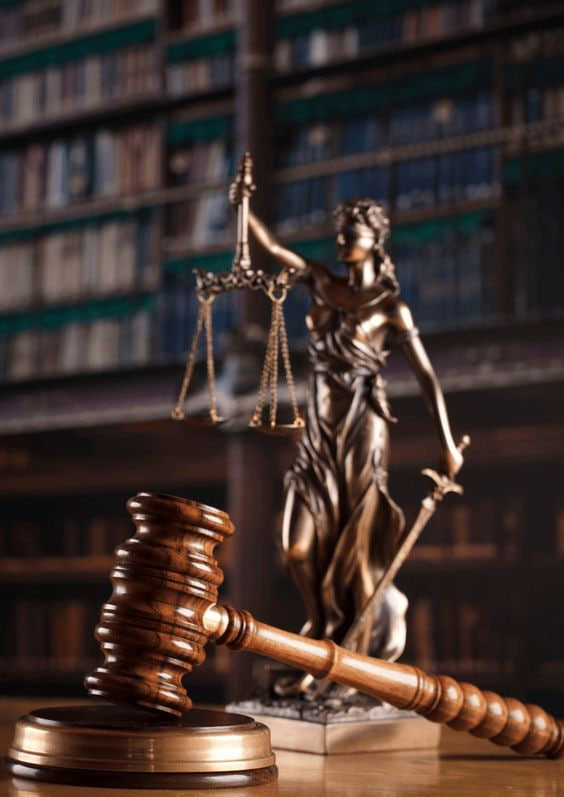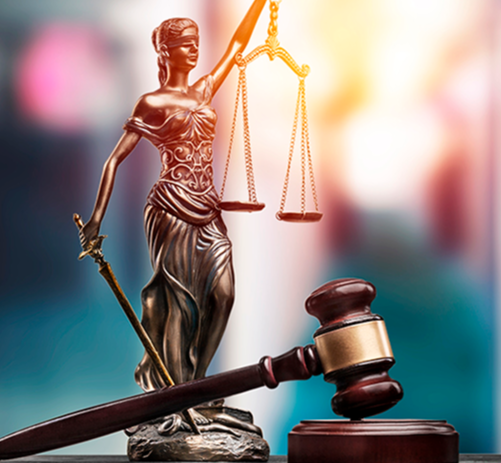Лоер
Protection of the debtor: Judicial settlement of disputes
In today's world, the issue of financial stability and protection of debtors' rights is becoming more and more relevant. In particular, when it comes to judicial settlement of disputes in the field of debts, it is important to bear in mind not only the rights of creditors, but also the interests of the debtor himself. In this article, we will look at the main aspects of debtor protection through judicial dispute resolution, particularly in the context of bankruptcy, the actions of collectors and the debtor's options in these situations.
Bankruptcy as protection
One of the ways to protect the debtor is to use bankruptcy procedures. This can be an effective tool in cases where the debtor cannot fulfill his financial obligations to creditors. The bankruptcy procedure of a natural person or sole proprietorship allows you to declare yourself bankrupt and start the process of debt restructuring.
Actions of collectors and protection against them
Debtors often face pressure from debt collectors who are trying to collect their debts. In such a situation, it is important to know your rights and how to react correctly. The debtor can take legal action to stop the excessive actions of collectors and protect his interests.
Emergence of collectors in specific cases: Emergence, activity and legislative regulation
In today's world, one of the common practices in debt management is the involvement of debt collection companies. When a bank or other financial institution faces difficulties in influencing a debtor to pay a debt, they turn to such companies for the purpose of debt collection. However, it is important to understand that there is no separate legislation regulating the activities of collectors in this area. They act on the basis of general legal norms and internal regulations of their companies.
Actions of collectors and compliance with legislation
Debt collectors often use different methods to release debt funds. Among them are appeals to relatives or relatives of the debtor, sending letters, including electronic ones. However, it is important to note that collectors do not have the right to apply psychological or physical pressure, humiliate honor and dignity, threaten, manipulate information about personal life, etc. Such actions are unacceptable and illegal.
Legality of actions and protection of privacy
Ukraine adheres to the Convention on the Protection of Human Rights and Fundamental Freedoms, which guarantees the right to privacy. According to Ukrainian legislation, the collection, storage and use of confidential information about a person without his consent is prohibited. When collectors use personal data without permission, it violates the right to privacy and can lead to legal liability.
Bankruptcy of individuals: process and possibilities
The bankruptcy procedure for an individual or sole proprietorship can be complicated, but at the same time, it provides an opportunity to obtain protection from creditors and ensure a reasonable solution to financial problems. It is important to know your rights and options in order to use this procedure effectively.
Stages of bankruptcy of a natural person-debtor: Review, procedures and consequences
In the complex process of bankruptcy of an individual, there are two key stages: debt restructuring and recognition of the debtor as bankrupt, which triggers debt repayment procedures.
Debt restructuring: The optimal solution
Debt restructuring is the most beneficial solution for all parties to the bankruptcy process. This allows an individual to restore financial stability and repay debts. During this stage, a restructuring plan is drawn up, in which the amount of debts to creditors, the distribution of funds for repayment, and the conditions for writing off part of the debt are determined. The minimum level of subsistence of the debtor is also ensured.
Carrying out the debt repayment procedure: The next stage
If the restructuring plan is not implemented or the creditors do not agree to it, the stage of declaring the debtor bankrupt comes into force. The commercial court appoints a manager of the debtor's property, who conducts an inventory and valuation of the property. This property goes into the liquidation mass to pay off debts.
Conclusion
Debtor protection through judicial dispute resolution is an important aspect of today's financial environment. The use of bankruptcy procedures and legal protection against the actions of collectors helps to ensure a balance between the interests of the debtor and his creditors, ensuring a fair and efficient resolution of financial problems.
































